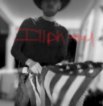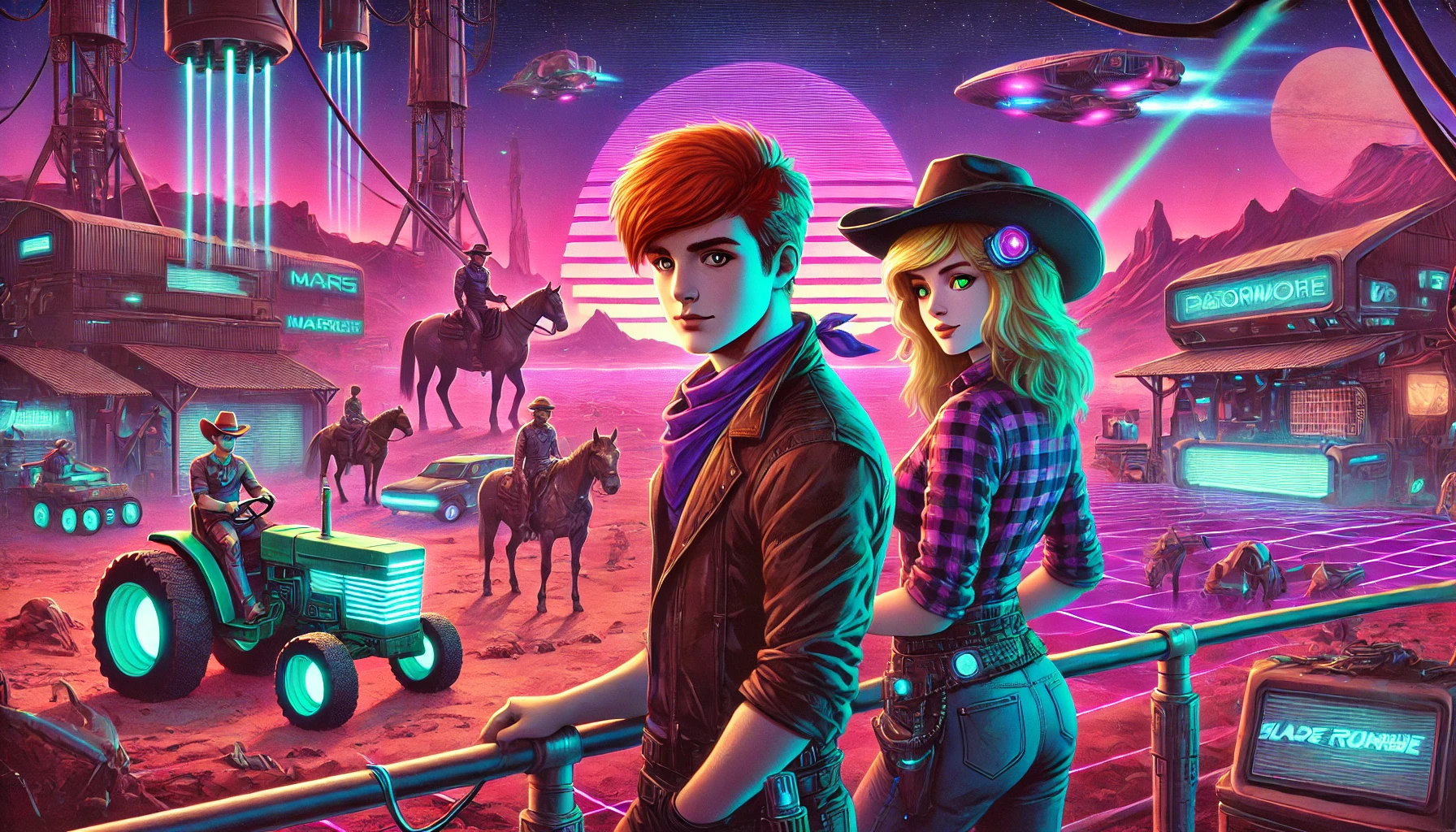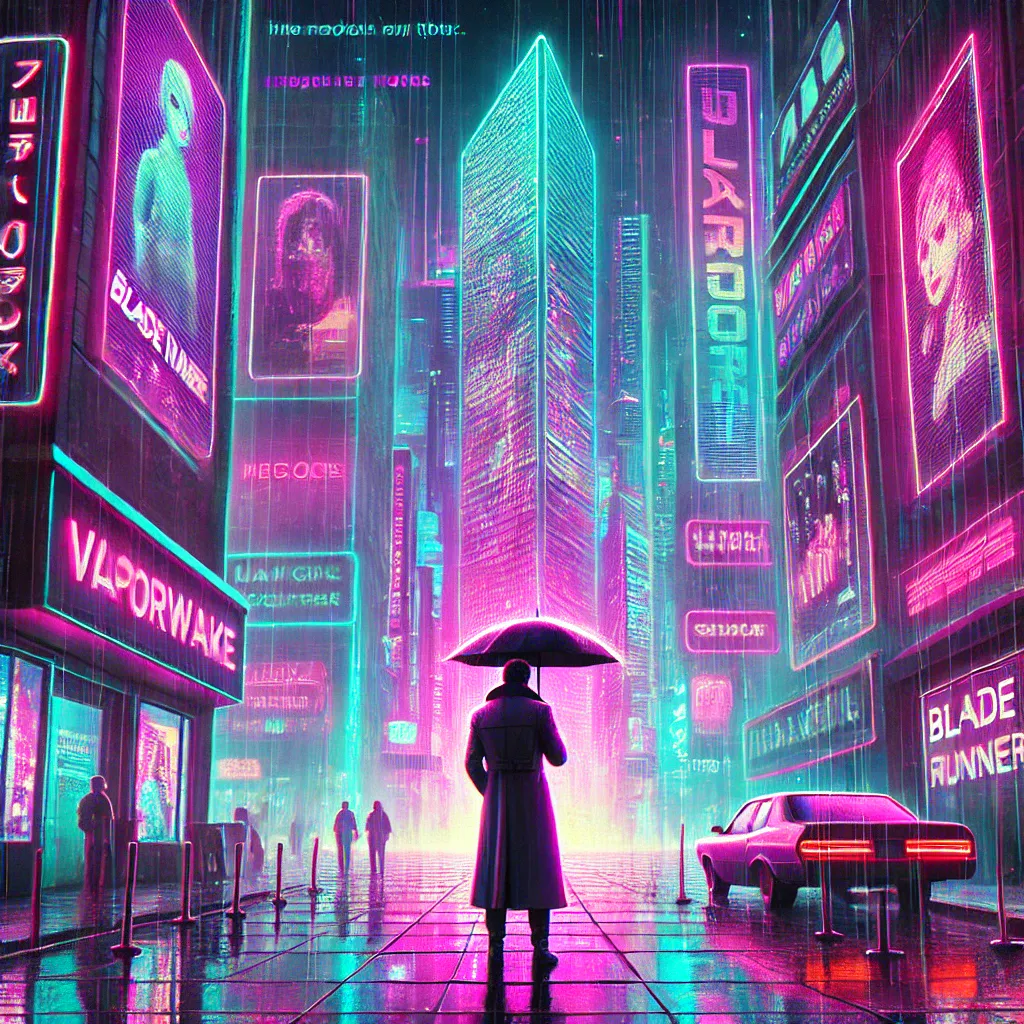illphated
The Neon Orchid
In a city where the rain was coded and the night sky flickered like a broken screen, no one looked up anymore. Neotropolis wasn’t built for daydreamers—it was a maze of chrome veins and echoing silence, a place where neon bled through puddles and people blurred into each other like repeated lines of code.
Except for her.
They called her Orchid. Not because she was delicate, but because she bloomed where things weren’t meant to grow—like the glass cracks in old cyber-billboards or the soot-choked alleys between towering arcology stacks. Orchid wore no ID chip, no network tether, no auto-tint jacket. Just an analog smile and eyes like starlight filtered through whiskey.
In the data-slums of Sector D, people moved like background processes—efficient, unseen, expected. Everyone queued, everyone complied. A thousand boots stepped to the same syncopated beat of state-approved synth-jazz.
Except her.
She danced.
Not for credits, not for likes. Just danced. In a red coat stitched from analog cassette tape and holofoil scraps, she twirled beneath the defunct maglev overpass, sparks raining down like confetti from a dying carnival god. Her headphones weren’t connected to anything. The music was hers alone.
Passersby glanced, then looked away.
But he didn’t.
He was just another face behind a carbon-filtration mask, his shoulder patch reading Obedience Engineer, Rank: Dormant. He’d followed protocols all his life. Blended in, nodded when prompted. Until he saw Orchid move like entropy with rhythm. She was the first variable in his equation, the first glitch that didn’t scare him.
“You don’t match the dataset,” he said one night, stepping into her light.
“I’m not data,” she whispered back. “I’m noise.”
And somehow, that noise sounded more human than all the clean signals he’d ever trusted.
The next morning, she was gone.
No trace. No imprint. No log.
But in every reflection on wet pavement, he saw a flicker of red tape. In the static of city speakers, a faint drumbeat off-tempo. Orchid had passed through the city like a question no one dared ask.
And for the first time in his life, he stepped out of the line.
He stood still while the world flowed past him.
Unseen. Unnoticed.
Free.
Because sometimes, in a world that programs conformity, standing still is the revolution.
And sometimes, the most radical thing you can do is be noise.
EmailURL







umtk5d
dozigy
jl0xgv
ndyecy
9ue28q
1gno7b
fjar5i